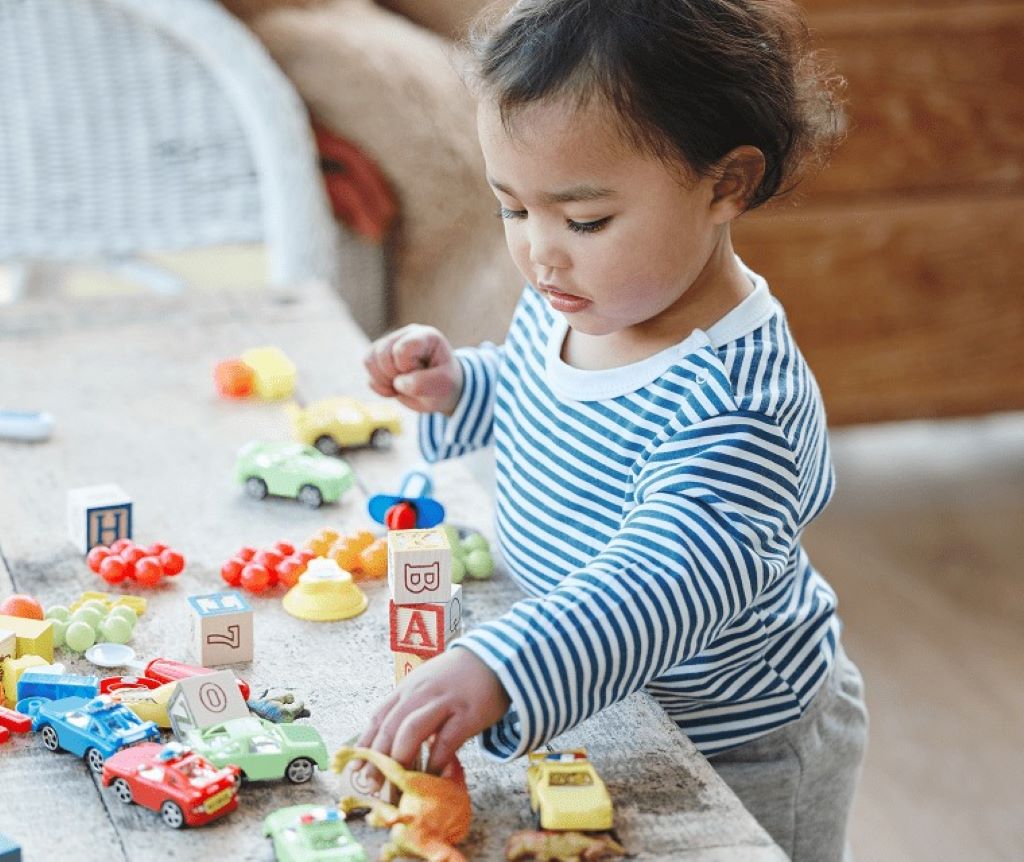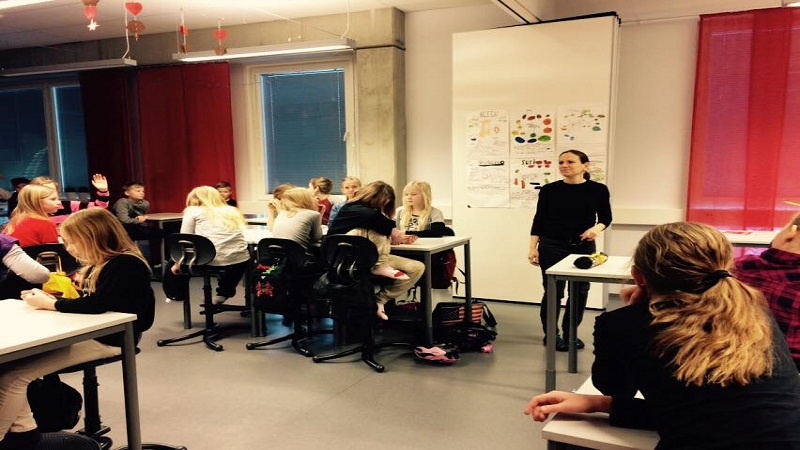Assertiveness is closely linked to self-esteem. Very young children are afraid of being rejected or criticized, which will sometimes silent when they want to talk.
When children begin to hear first thing we want is to learn to follow orders and follow directions, but parents often they forget the most important thing: you have to teach children to learn to speak and express themselves.

Why help the child to be assertive?
Children who know how to see your needs are more likely to have better self-esteem, to have better communication skills and also know when to express their emotions and preferences can better resist peer pressure. They can ask for help when they need it, they can say no when they want to say yes and begin to feel confident in themselves, which is essential for a child to learn to be assertive.
For many children assertiveness is a learned behavior so that has nothing to do with innate. To be assertive you need to practice every day. And the best place to practice the skills that are more complicated in the outside world is on safety and understanding of your own home.
Few tips to help the child be more assertive
1. Be a model of assertiveness: You are the example and role model for your children, so that your child will copy you and learn absolutely everything. Defend your views without going into aggression. In addition let your kids express their opinions even though you may feel uncomfortable / a, but do not expect your child to be assertive if you’re not first.
2. Living in a democratic home: Talk to your kids everything necessary, hold debates. Make family gatherings and heard the opinion of each child / a. Remember to listen to and respect their opinions does not mean you have to agree with their views. When children know their opinions, they are more likely to talk and feel comfortable to speak for themselves. The best place for children to learn to speak with assertiveness is at home, so make sure your children have the opportunity to speak and to be heard.
3. Talk rights with children: Children need to know that their opinions are valued and have the right to say what they think. Sit down with your child and creates a list of children’s rights, you can start with the basics; ‘You have no right to say no’, ‘You have no right to be angry’, ‘You have no right to feel and express anger’, etc. Encourage your child to add things to the list and create a poster of rights for your room. So you will feel more motivated to express their emotions properly.







